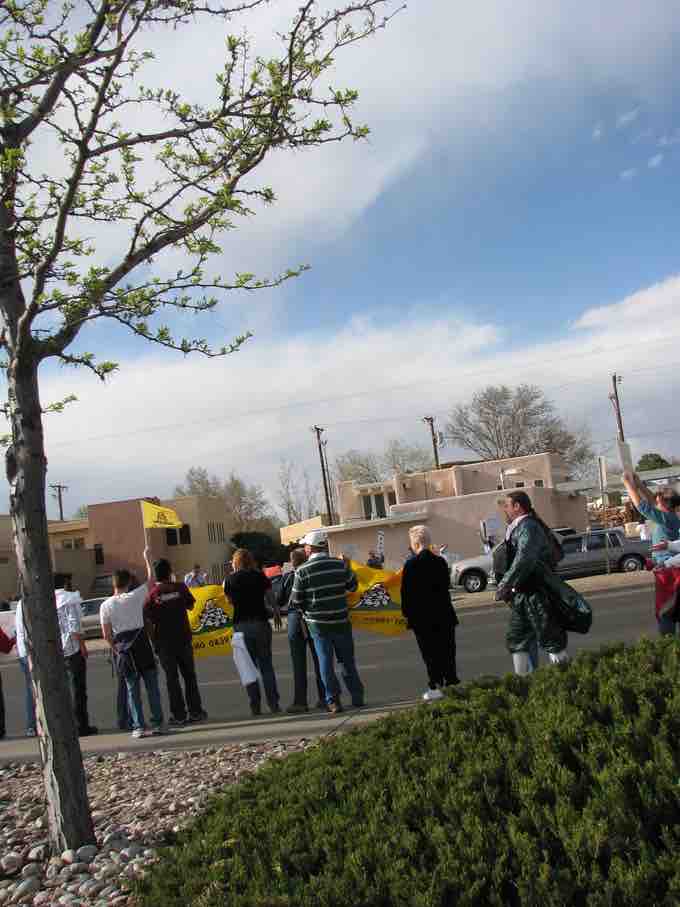The 2010 midterm elections on November 2, 2010 filled 435 seats in the U.S. House of Representatives and 37 of the 100 seats in the U.S. Senate. In addition, 38 state and territorial governorships, 46 state legislatures, and 4 territorial legislatures were filled. Numerous state and local races also took place during this time.
Voter turnout dropped steeply from the previous 2008 presidential election in spite of the large number of political positions to be filled. Approximately 82.5 million people voted, about one-third fewer than those who voted in 2008. However, voter turnout was still slightly higher than the last midterm elections in 2006 and more states gained than lost voters.
The Democratic Party suffered massive defeats in most national and state elections, with many seats switching over to Republican Party control. Indeed, the Republicans gained 63 seats in the U.S. House of Representatives to recapture the majority and expanded its minority in the U.S. Senate by gaining 6 seats. This caused a divided government with Democrat President Obama in office and a Republican majority in the Congress. The Republican Party additionally broke the previous majority record of 628 seats in the state legislatures, set by the Democrats in the post-Watergate elections of 1974, by gaining 680 seats in the state legislative races. The Republicans also gained control of 29 of the 50 state governorships.
The Republican victories during the 2010 midterm elections can be attributed to a number of factors. First, unemployment was over 9% during the elections and had not declined significantly since Obama had entered the White House. Secondly, public trust in Congress had diminished with a series of scandals in which Democratic Representatives Charlie Rangel and Maxine Waters, along with Republican Senator John Ensign, were accused of unethical and/or illegal conduct prior to the midterm elections. Furthermore, passage of the Patient Protection and Affordable Care Act led to low approval ratings of Congress. Indeed, many Republicans ran on a promise to repeal the act and beat incumbent Democrats who had voted for it. A fourth factor that contributed to the Republican victories was the mobilizing ability of the Tea Party movement in favor of Republican candidates . Meanwhile, the controversial Arizona Senate Bill 1070 ignited a national debate over immigration that led many in support of stronger immigration regulations to vote for the Republican Party.

Tea Party Gathering
The Tea Party movement's ability to mobilize voters in favor of the Republican Party was one of the factors that contributed to many Republican victories during the 2010 elections.